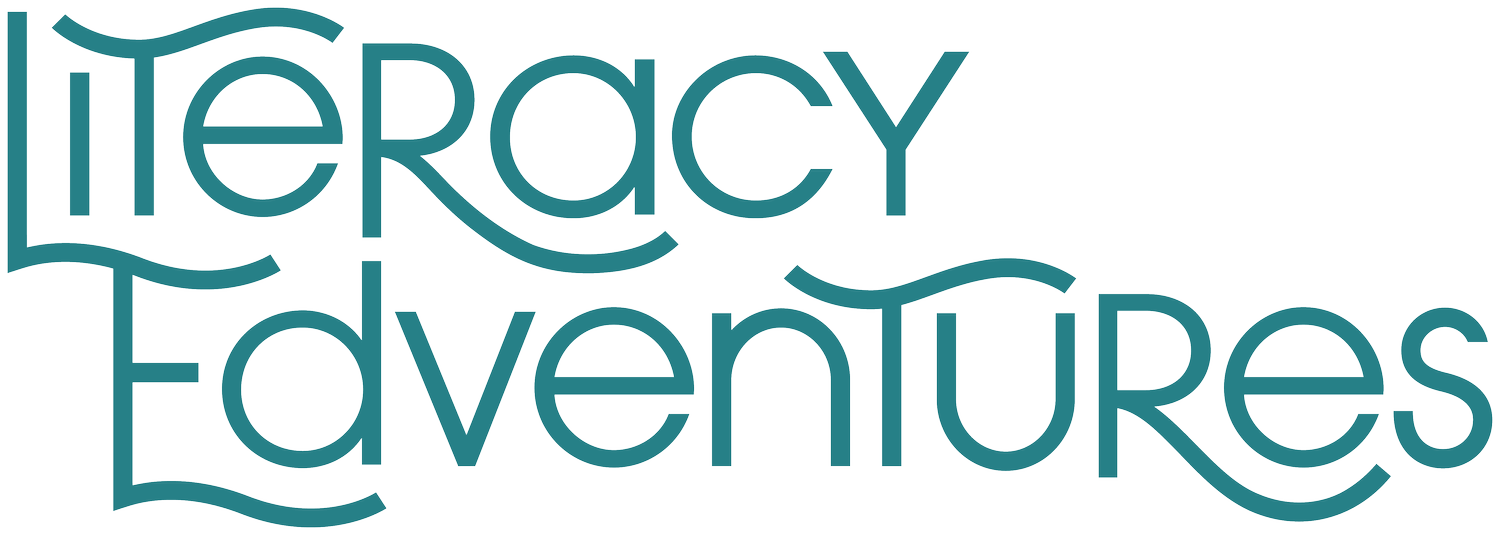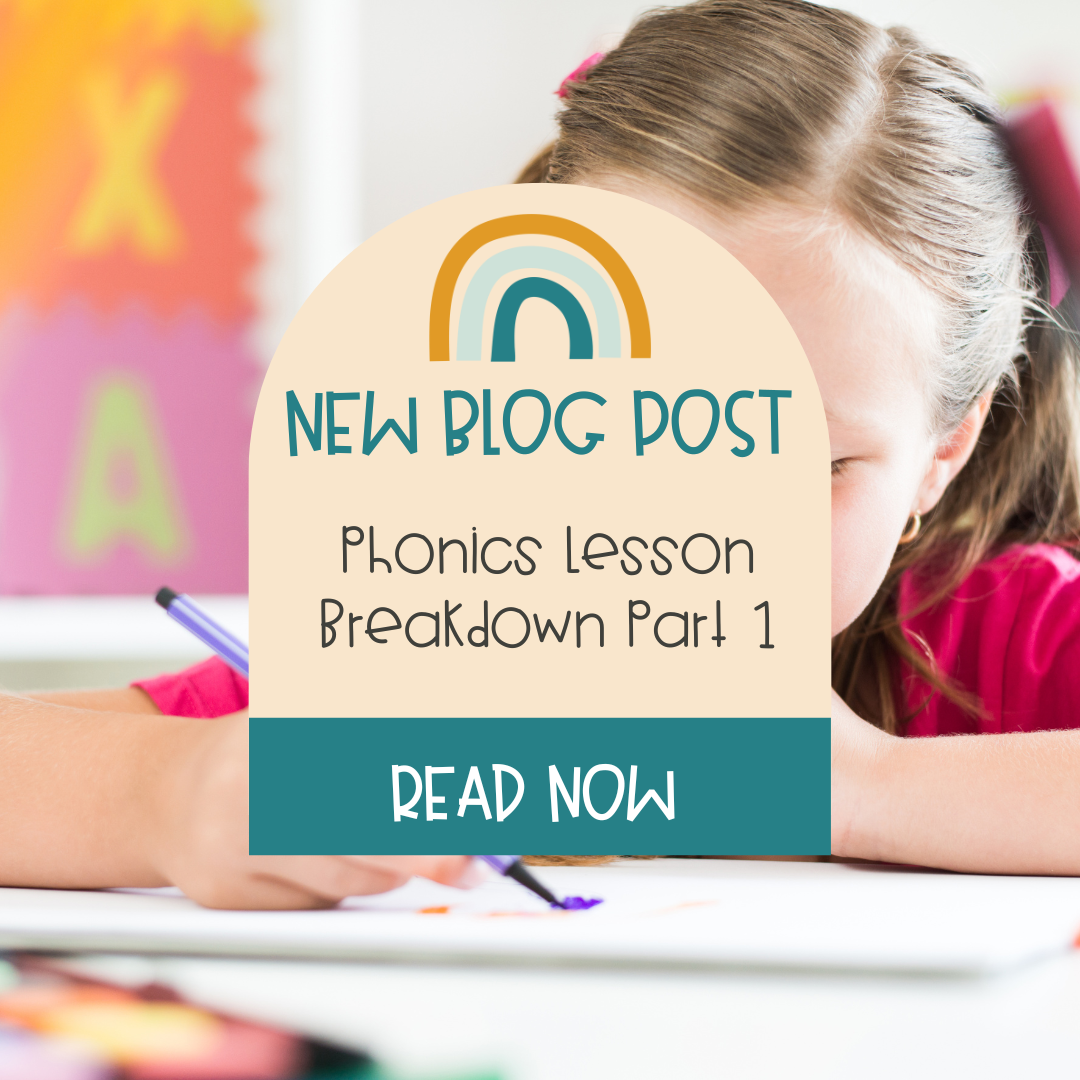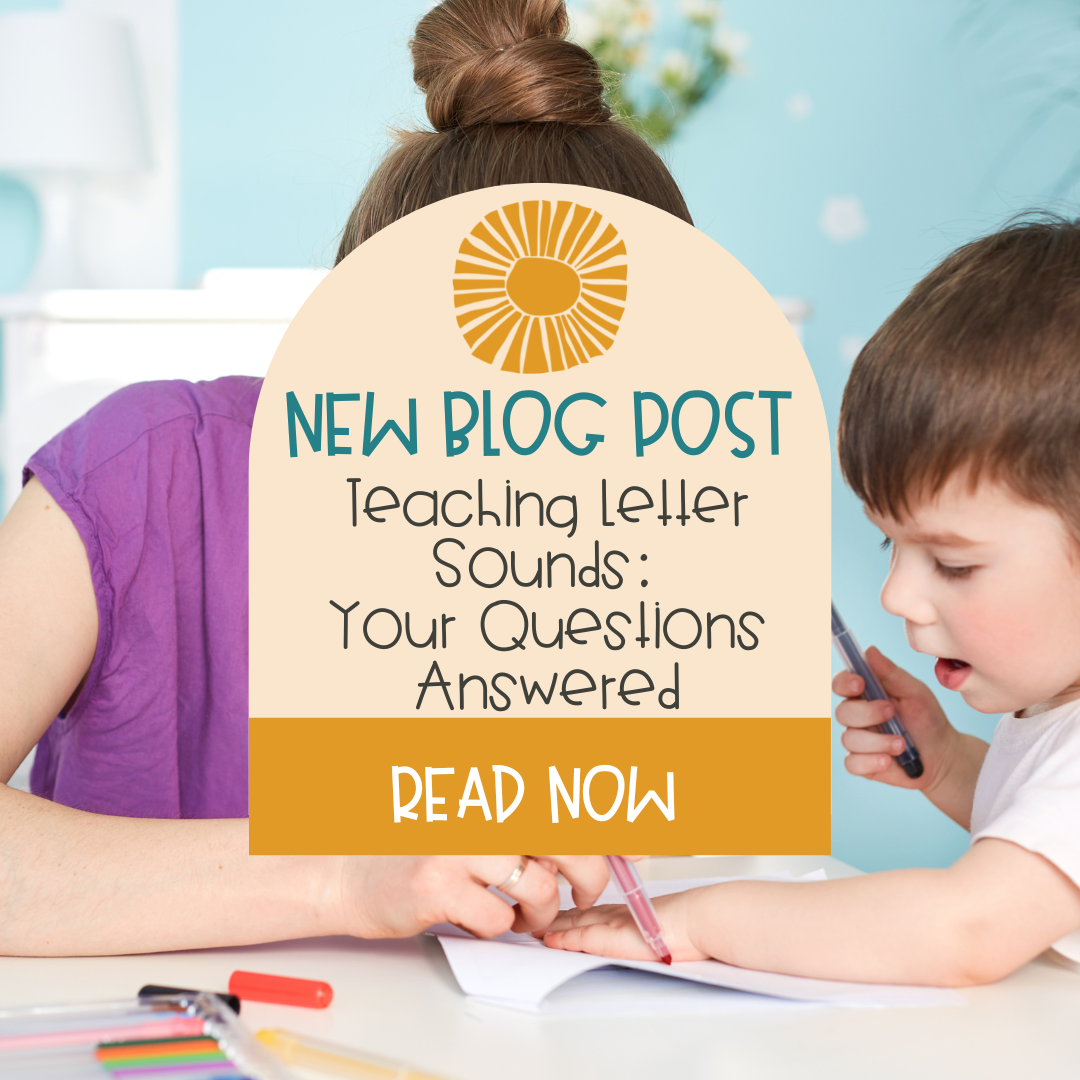Blog
Great foundation exercises for emergent, beginner, and transitional readers.
Break the Cycle: 3 Cueing
I get this question almost every single week... tell me if you can relate.
"I am trying to teach based on the reading science, but the teacher before me taught my students to use three cueing. How do I break this habit?"
look alike words of course!
Tips for Building Fluency Through Phonics and Decoding
The other day, I had the pleasure of sitting down with the one and only Sarah Paul, the mastermind behind Sarah’s Teaching Snippets. She’s a current reading interventionist for K-3rd and a prior first grade teacher. As with many of the experts on my podcast, she too was a balanced literacy teacher who found that her students were struggling to read and wasn’t sure why. So, she set out on her own science of reading journey in order to learn more about how kids really learn to read. Through this, Sarah’s Teaching Snippets was born and now she helps educators teach reading the right way.
Using Sentence Pyramids to Increase Fluency
Fluency Pyramids are an intervention tool used to increase students’ reading fluency. Each pyramid is a controlled/decodable text that begins with one word. On each line, a subsequent word is added and the bottom line of the pyramid contains the entire sentence. Allowing students to focus on one “new” word at a time while repeating the other words over and over will help, improve their automaticity and expression with each reading.
Conducting a Vowel Intensive
A couple of years ago, I was trained in Orton Gillingham. I was introduced to something called a three-part drill. You can read more about it in my blog post. I learned that once you finish the three-part drill if you have students who still need support in learning their vowels, you should do what’s called a vowel intensive.
Phonics Series: How Phonics Instruction Supports Comprehension
Do you teach upper elementary and feel a bit “left out” when others talk about the science of reading? It’s true, it seems like the science of reading is all about the younger years - and for good reason. Early phonics instruction is essential. But for all you upper elementary school teachers out there - I’m happy to say this blog post is for you, too. Today, we’ll be discussing the misleading idea that the science of reading is phonics only and other components that are just as essential - comprehension being one of them.
Word Chaining: How to Series
A word chain is a series of words that the teacher directs students to spell. In a word chain, the phoneme differs by one sound in each word. It's important to remember that phonemes can be more than one letter. Today I am going to share with you how to conduct a word-chaining activity.
Orthographic Mapping: Training the Brain to Read
What is orthographic mapping? Why is it important? How can we use this process to train our students’ brains to read?
Putting Dictation into Practice
Dictation is an activity that offers students the opportunity to practice spelling the phonics pattern they are focusing on as well as review previously taught skills. When students dictate words or sentences, they are focusing on connecting the sound to the symbol. The research tells us that when instruction focuses on letter-sound relationships, students excel. What better way to practice than through dictation practice?
Phonics Lesson Part One
When teaching phonics, we always want to be sure we are focusing on three parts: a warm-up, explicit teaching, and application of skills. The focus of this blog post (Part #1) will be the warm-up portion of the phonics lesson which contains four parts: a visual drill, auditory drill, blending drill, and, if time allows, a vowel intensive. In Part #2, we’ll be chatting about the second two parts of a phonics lesson: explicit teaching and application of skills.
What Does Brain Research Say About Phonics Instruction?
You’ve heard time and time again how important phonics instruction is. We’ve seen the data, you’ve poured over Instagram reels, and you may have even done some research yourself.
But what makes good phonics instruction? What does the research say and can’t someone help make it easier to understand?
Yes! Today, I’m here to go over what makes effective, quality phonics instruction (in a way that’s easy to understand), plus give you a little bit of background as to what goes on in our brains when we read.






















